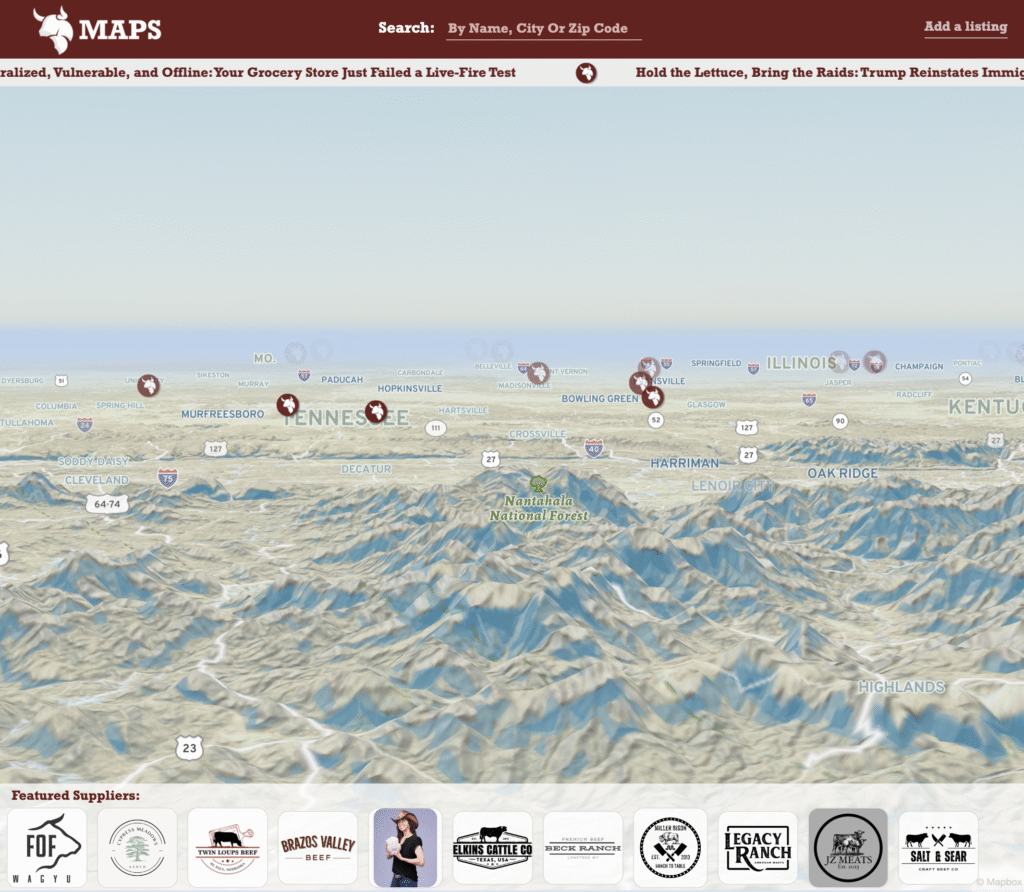A new provision buried in the Senate’s version of the “One Big Beautiful Bill Act” (H.R.1) would mandate the sale of up to 3.3 million acres of public land across 11 Western states over the next five years. This accounts for approximately 0.5% to 0.75% of the total land managed by the Bureau of Land Management (BLM) and U.S. Forest Service in the region, according to Congressional legislative text and coverage by The Washington Post.
While the bill lists exclusions for national parks, monuments, wilderness areas, and scenic river corridors, it simultaneously makes more than 250 million acres of federal land eligible for nomination by private parties, including developers. The Center for American Progress reports that these nominations are not subject to public notice, comment, or disclosure requirements.
Under current law, public land disposal typically involves public review and environmental assessment. This bill removes those safeguards, eliminating requirements for transparency and allowing land to be sold without public knowledge of who purchased it or for what purpose.
Although the bill is presented as a solution to the housing crisis, available data suggests that only a small fraction—likely less than 2%—of BLM and Forest Service lands are near enough to infrastructure to support viable housing development. The bill includes no provisions requiring affordability, density, or mechanisms to ensure the land is used for public benefit.
The bill was introduced and championed by Sen. Mike Lee (R-UT), who has previously questioned the constitutionality of federal land ownership and advocated for transferring public lands to states or private control. His history includes support for lawsuits like Utah’s 2024 Supreme Court case demanding the federal government relinquish 18 million acres of public land.
Montana is notably exempt from the sale provision, reportedly due to lobbying by its congressional delegation, including Sen. Steve Daines, who has publicly opposed such measures.
As of June 19, 2025, the Senate has not yet voted on the bill. The House version of H.R.1, passed on May 22, does not include this land sale language.
Looking to protect real land from disappearing maps and disappearing rights? Find rancher-direct beef—and the ground it’s raised on—at BeefMaps.com.






0 Comments